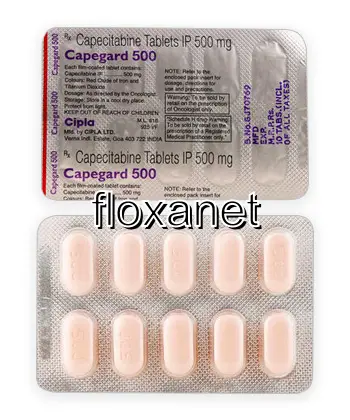| Package | Dosage | Price | Price per Dose | |
|---|---|---|---|---|
| Dosage: 500mg | ||||
| 20 pill | 500mg | £456.78 | £22.86 | |
| 10 pill | 500mg | £286.00 | £28.56 | |

Xeloda Description
What is Xeloda?
Xeloda is a prescription medication widely used in the treatment of certain types of cancer, particularly colorectal and breast cancer. Its active ingredient, capecitabine, is a chemotherapy drug that works by interfering with the growth of cancer cells, helping to slow or stop their proliferation. In the UK, Xeloda is often prescribed as part of a comprehensive cancer treatment plan, usually in combination with other therapies, depending on the individual patient’s condition and the stage of the disease.
How Does Xeloda Work?
Xeloda is an oral medication, which makes it more convenient for many patients compared to traditional intravenous chemotherapy. Once ingested, it is absorbed into the bloodstream and converted into 5-fluorouracil (5-FU) in the body. 5-FU is a known chemotherapeutic agent that disrupts the synthesis of DNA in rapidly dividing cells, mainly cancer cells. This targeted approach helps to minimise damage to healthy tissue, although side effects are still possible. The convenience of home administration is appreciated by many patients in the UK seeking to maintain a degree of normalcy during their treatment.
Possible Benefits and Effectiveness
Many patients have reported positive outcomes when using Xeloda, especially in early stages of certain cancers. It provides a manageable alternative to more invasive treatment options, enabling patients to continue with their daily routines. In clinical studies, Xeloda has demonstrated effectiveness in reducing tumour size and controlling disease progression. However, its success rate can vary depending on individual health factors, the type and extent of cancer, and other ongoing treatments. Medical professionals carefully tailor treatment plans to maximize benefits for each patient.
Potential Side Effects
Like all chemotherapy drugs, Xeloda can cause side effects. Common issues reported in the UK include fatigue, nausea, diarrhoea, hand-foot syndrome (pain, redness, or peeling of the skin on the palms and soles), and mouth ulcers. Some patients may experience decreased blood cell counts, leading to an increased risk of infections, anaemia, or bleeding. It is essential for patients to communicate openly with their healthcare team about any adverse effects. Managing side effects may involve dose adjustments or supportive medications to improve comfort and safety during treatment.
Considerations for Use in the UK
If prescribed Xeloda in the UK, patients should follow their doctor’s instructions precisely. Regular check-ups are necessary to monitor the effectiveness of the treatment and to identify any potential complications early. Patients are advised to stay well-hydrated, report any unusual symptoms promptly, and avoid alcohol or certain medications that could interfere with treatment. It is also important to inform healthcare providers of all other medications or supplements being taken, to prevent interactions.
Patient Reviews and Personal Experiences
Many patients in the UK have shared their experiences with Xeloda, often highlighting its ease of use as an oral therapy and its role in improving quality of life. Some report this medication being effective in controlling cancer progression when used alongside other treatments. However, they also acknowledge the discomfort caused by side effects like hand-foot syndrome or fatigue. Overall, individual experiences vary widely, and the decision to use Xeloda is made after careful consultation with a healthcare professional. Patients value the support and guidance provided by their medical teams to manage the treatment process safely.